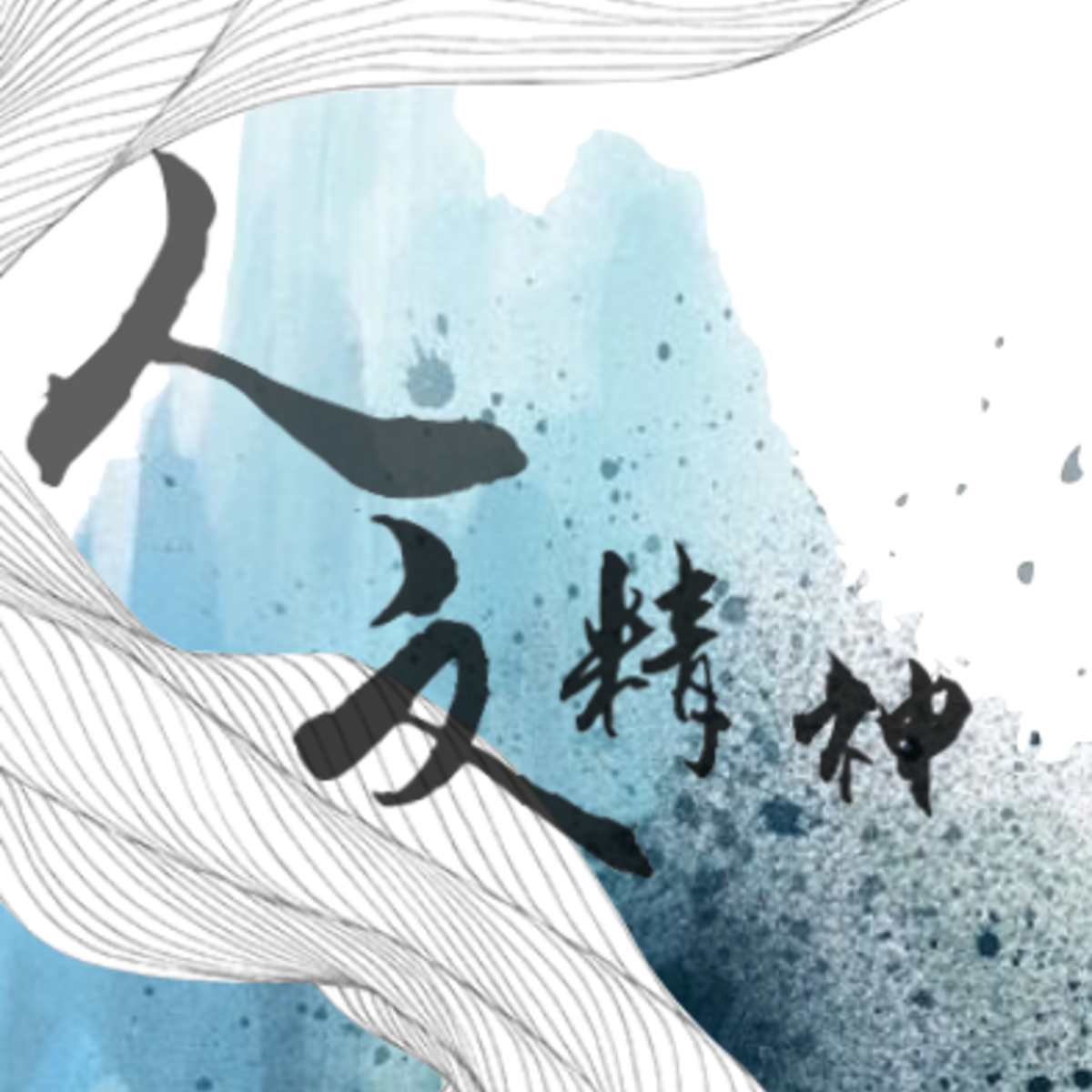
本課程從現代觀點探討東亞儒家人文傳統之核心價值,包括孔子、孟子、朱子及日韓儒者的生命智慧,以及作為儒家對照系統的道家與佛教的生命智慧等主題,討論儒家人文傳統在臺灣及其與21世紀的互動。藉由講授、單元作業等,提昇修課學生對於東亞人文精神的熟悉度,奠定其運用傳統文化精神資源,以因應21世紀新挑戰的能力。
What's inside
Syllabus
第 1 講 導論:為什麼在21世紀必須重溫東亞儒家人文精神
本課程的核心理念,是從現代觀點,探討東亞儒家人文傳統之核心價值及其展開,並分析其現代啟示。在本講,我們將首先從:(1)21世紀出現哪些新的發展趨勢?以及(2)東亞儒家人文精神的內涵如何?對21世紀有何新啟示?這兩個問題的探討中,切入思考「為什麼在21世紀必須重溫東亞儒家人文精神?」展開論述,以作為全課程各個講次的立論基礎。
Read more
Syllabus
Good to know
Save this course
Reviews summary
Ancient wisdom for the modern world
Activities
閱讀《大學》
Show steps
閱讀《大學》,有助於了解儒家修身、齊家、治國、平天下的思想。
View
孔子的智慧
on Amazon
Show steps
-
閱讀《大學》
-
理解《大學》中的核心思想
-
思考《大學》思想在現代社會的意義
Show all one activities
閱讀《大學》
Show steps
閱讀《大學》,有助於了解儒家修身、齊家、治國、平天下的思想。
View
孔子的智慧
on Amazon
Show steps
- 閱讀《大學》
- 理解《大學》中的核心思想
- 思考《大學》思想在現代社會的意義
Career center
Sociologist
Anthropologist
Ethnologist
Cultural Anthropologist
Historian
Librarian
Museum Educator
Research Analyst
Theological Librarian
Preservationist
Professor
Teacher
Writer
Curator
Archivist
Reading list
Share
Similar courses
OpenCourser helps millions of learners each year. People visit us to learn workspace skills, ace their exams, and nurture their curiosity.
Our extensive catalog contains over 50,000 courses and twice as many books. Browse by search, by topic, or even by career interests. We'll match you to the right resources quickly.
Find this site helpful? Tell a friend about us.
We're supported by our community of learners. When you purchase or subscribe to courses and programs or purchase books, we may earn a commission from our partners.
Your purchases help us maintain our catalog and keep our servers humming without ads.
Thank you for supporting OpenCourser.



